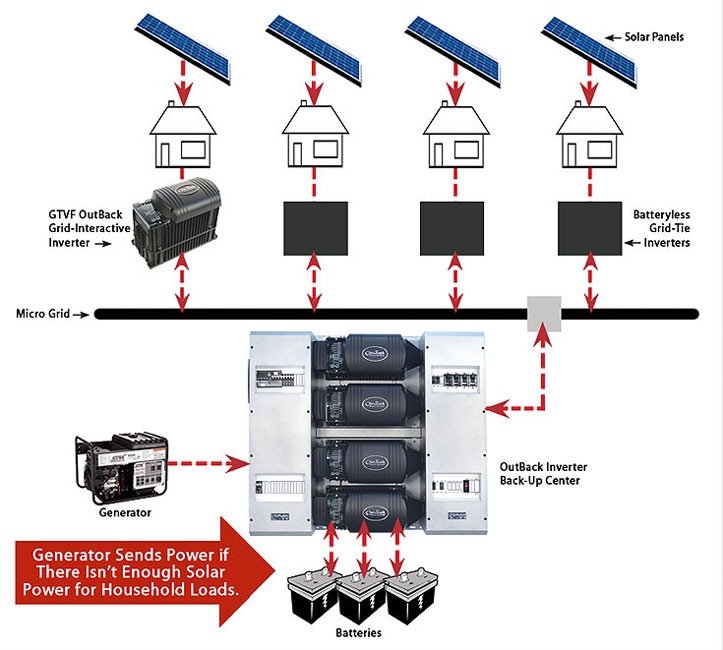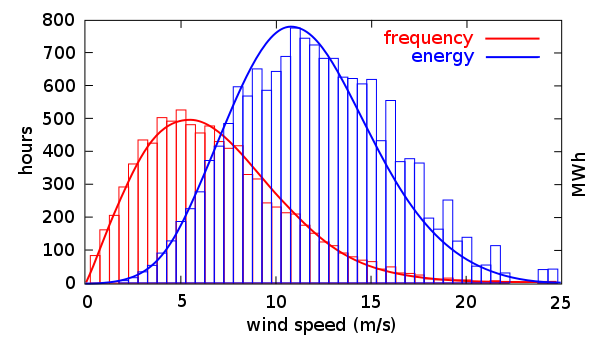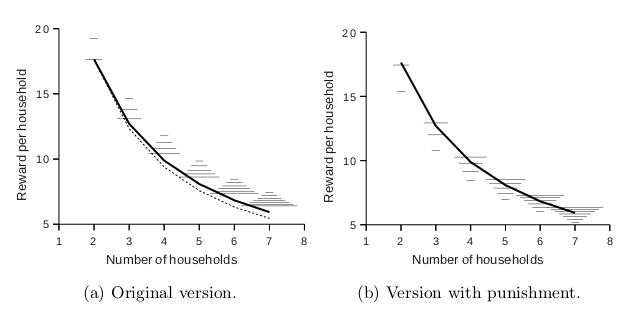



It is envisioned that future energy markets will increasingly depend on distributed generation where individual households and communities have alternative energy generators, e.g., wind or solar power, geothermal energy. The benefits of distributed generation are further enhanced if the households form microgrids and share their electricity. However, the generation patterns of alternative energy are notoriosly hard to predict and sound integration of such systems, both within communities and with the national grid, remains a challenge that needs to be addressed.

The success of microgrids is highly dependent on the active management of demand by users in order to avoid peaks and to ensure even energy distribution - demand side management. Numerous algorithms and schemes have been proposed recently that implement distributed demand management for microgrids. When adhered to, they have been shown to reduce the peak demand and also to even out energy distribution.

Ensuring that distributed algorithms work as intended and are robust to user manipulation is a difficult task. This is especially the case in situations where users are autonomous and have the possibility to interfere with the system - distributed demand-side management is a typical example of such a system. Most demand-side management schemes assume cooperation between users, where households are willing to delay execution of their routine tasks (e.g., running home appliances) for the benefit of the community, and thus pricing mechanisms have to be designed to incentivise such behaviour; otherwise, the possibility for competitive behaviour arises where users try to selfishly maximise their own utility. We have modelled a demand-side management algorithm using PRISM-games , a tool developed for analysis of competitive systems using model-checking of multiplayer games, and revealed an important weakness in the algorithm, where the pricing mechanism was incentivising non-cooperative behaviour of its users. Using game-theoretic analysis we developed a simple policing scheme, which has reversed the incentives and now encourages cooperation between households to achieve the best results.